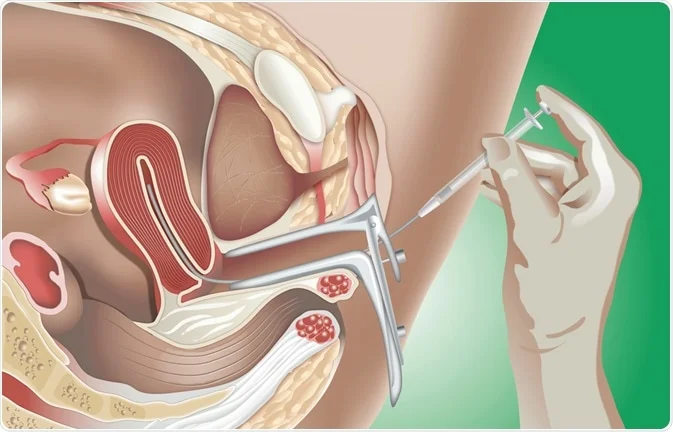March is recognized as Endometriosis Awareness Month, and it serves as a reminder of the challenges faced by those dealing with this condition, particularly when it comes to conception. Take the case of 35-year-old Sarah Thompson, who has been striving to conceive for over two years. “The journey has been incredibly difficult,” she shares. “It often feels isolating and brings up feelings of doubt, fear, and self-blame.”
In November 2023, Sarah received a diagnosis of endometriosis, a condition where tissue similar to the uterus lining grows in areas like the ovaries and fallopian tubes. After being placed on a long waiting list for a diagnostic laparoscopy—a procedure to confirm the diagnosis and assess its severity—she faces an 80-week delay. Sarah is uncertain about how her endometriosis affects her fertility journey, stating, “I wish I understood more about my condition.” Despite the challenges, she remains hopeful, actively pursuing fertility testing to explore her options.
As we raise awareness this March, we see numerous articles highlighting everything from the shocking diagnosis wait times to dietary changes that may alleviate symptoms. However, with the gender health gap still prevalent, there’s much to learn about how endometriosis impacts the journey to conceive. To shed light on this, we explored the connection between endometriosis and conception, consulting experts to address your questions. Remember, every individual’s experience with endometriosis and fertility is unique, so it’s essential to consult your healthcare provider.
What You Should Know About Endometriosis and Conception
So, what should you know if you’re dealing with endometriosis while trying to conceive? First, having endometriosis does not automatically mean you can’t get pregnant. Consider the story of 42-year-old Emma Wright, who had Stage IV endometriosis. After years of misdiagnosis and multiple surgeries, she was told natural conception was impossible. Yet, she proved the doctors wrong by conceiving naturally three years ago.
Similarly, 30-year-old Lily Carter underwent several fertility tests, which showed no issues. However, she believed that her endometriosis was the only factor delaying her conception. After being approved for IVF, she miraculously became pregnant within the same week.
As Dr. Jane Roberts, Co-Chief Medical Officer at OVUM, emphasizes, “Endometriosis is a prevalent condition affecting about 1 in 10 women of reproductive age. It doesn’t inherently lead to infertility, but it can be associated with fertility issues. Fortunately, 60-70% of women with endometriosis can conceive naturally.” If there are concerns, early advice can help optimize fertility.
The Role of Ovulation in Conception
Understanding the role of ovulation in conception is also crucial—but it’s not the only factor. While it might not be the first question on your mind, ovulation is essential for conception. If you’re seeking more information on at-home insemination, check out this authoritative resource from Make a Mom, which provides valuable insights into the process. Moreover, another informative article on Healthline offers excellent guidance on intrauterine insemination (IUI) and its implications for pregnancy.
Conclusion
In summary, while endometriosis presents challenges for conception, it’s essential to remain hopeful and proactive. Many women with endometriosis have successfully conceived, and understanding your body and conditions can make a significant difference. Always consult with healthcare professionals for personalized advice.

